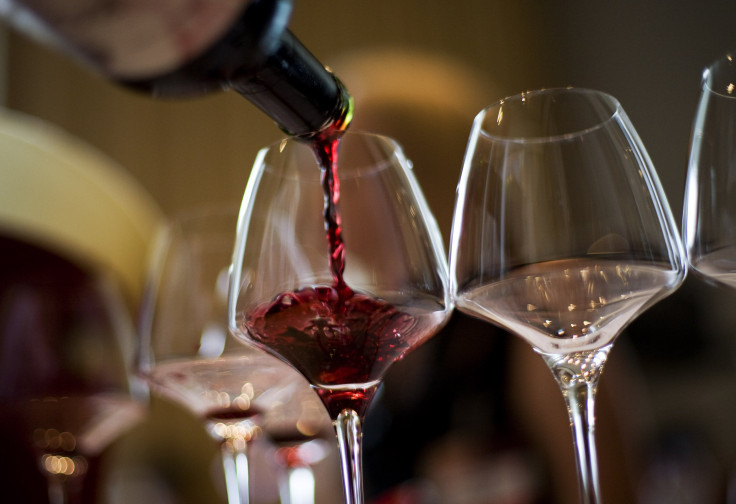Cancer Risk Increases With Light To Moderate Drinking: Study

Researchers have found that even light to moderate drinking -- up to one drink a day for women and two a day for men -- can substantially increase the risk of cancer. A study published Wednesday in the British Medical Journal, which analyzed the results of two large studies in the U.S., found clear links between casual drinking and cancer.
Heavy alcohol consumption has been linked to substantial increases in cancer, but the risks associated with light and moderate drinking are less known. Moreover, previous researchers have also found it difficult to link cancer risk with alcohol independent of smoking.
The latest research was conducted by a team based at Harvard T.H. Chan School of Public Health, and Brigham and Women's Hospital, in Boston, which examined two previous American studies that collectively tracked the health of about 88,000 women and 47,900 men. These studies analyzed the risk of all kinds of cancer as well as specific alcohol-related cancers, including that of the female breast, oral and respiratory. They also accounted for factors such as age, ethnicity, weight, family history and lifestyle.
For the study, the researchers defined light to moderate drinking as up to 15g of alcohol per day for women and up to 30g alcohol a day for men.
The researchers found that light to moderate drinking increased the overall risk of cancer among men and women, regardless of smoking history. However, for specific alcohol-related cancers, the risk was only higher in men who smoked. The clearest increase in risk among women was found for breast cancer in those who engaged in light to moderate drinking.
Jürgen Rehm at the Centre for Addiction and Mental Health in Toronto, who published an editorial alongside the study, said that further research was necessary to better understand the link between light drinking and cancer risk, according to a press release. He also advised people with a family history of cancer to "consider reducing their intake to below recommended limits or even abstaining altogether, given the now well established link between moderate drinking and alcohol-related cancers."
© Copyright IBTimes 2025. All rights reserved.





















